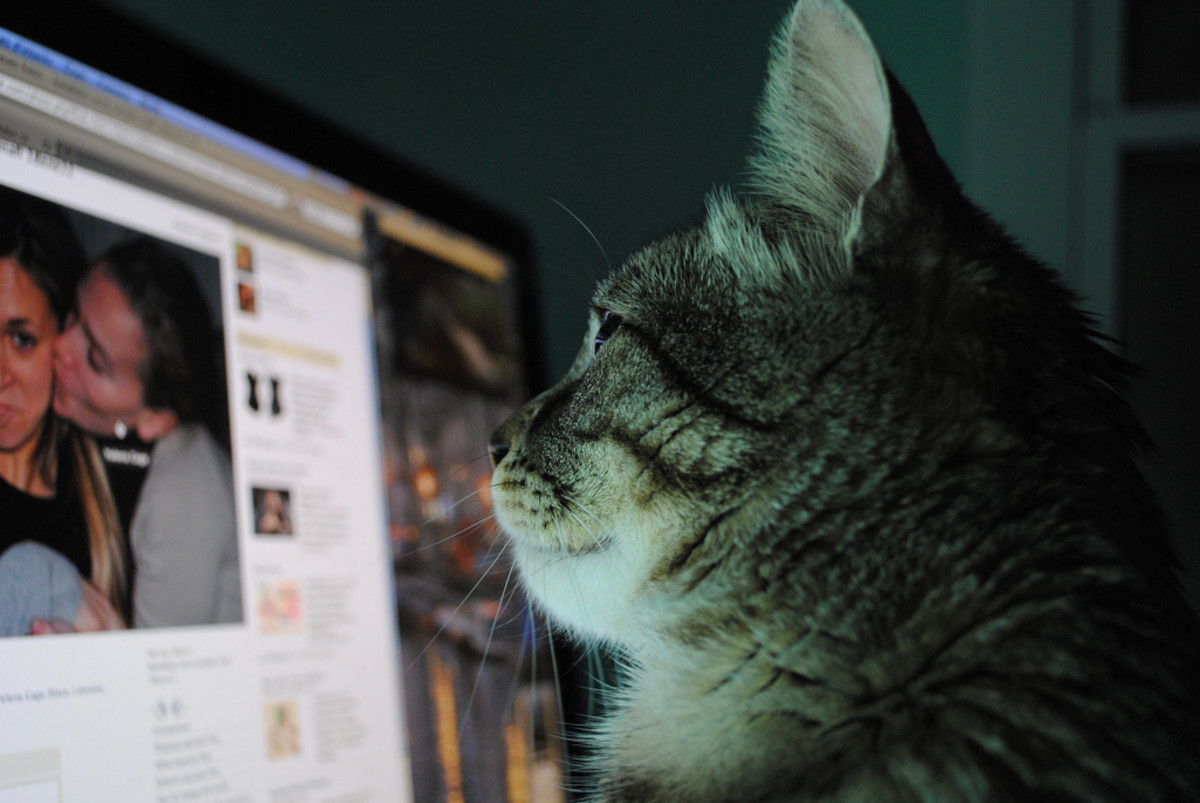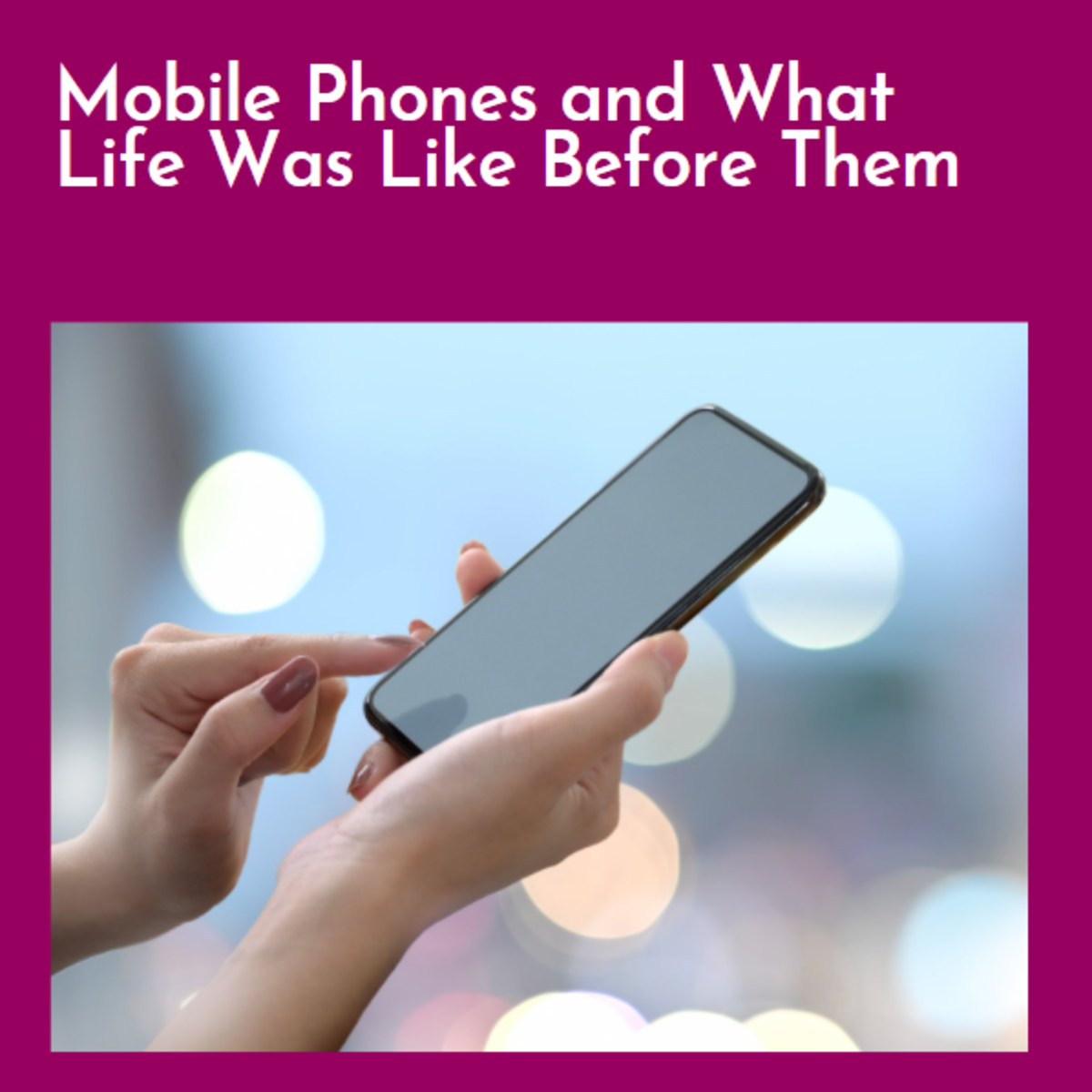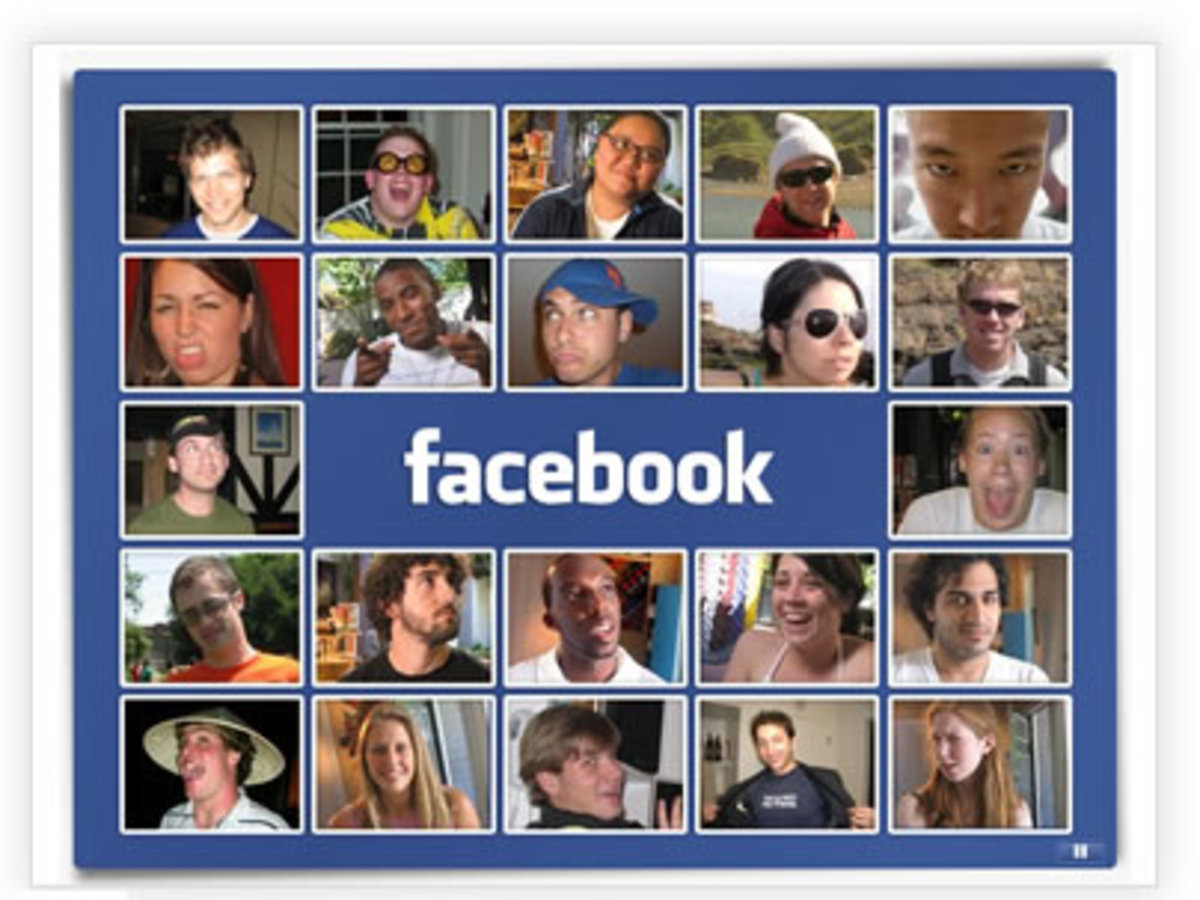CyberPsychology: Unhealthy Aspects of Social Networking in Cyberspace
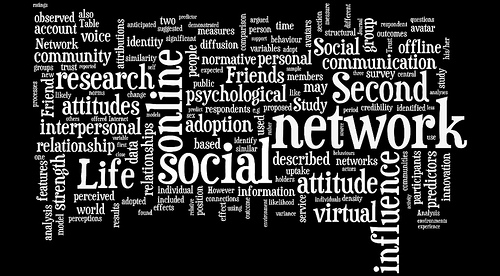
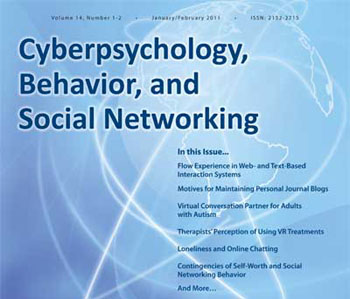
- Cyberpsychology, Behavior, and Social Networking | ResearchGate
Journal » Cyberpsychology, Behavior, and Social Networking. Locate articles and query publisher details. - cyberpsychologist.co.uk - What is Cyberpsychology?
Cyber psychology is an emerging field encompassing any psychological phenomenon that is associated with, or affected by, emerging technologies. - Cyberpsychology - Wikipedia, the free encyclopedia
CypberPsychology Studies
A developing field of psychology has arisen from the boom of cyberspace; cyberpsychology. It is the study of the human mind and a person's behavior within the context of human interaction and communication, encompassing both humans and technology such as cyberspace. It has intertwined a new culture that is virtual reality and Internet lives as it relates to the real world outside the confines of the computer. This area of interest in this field can be divided to many different aspects of psychology as it pertains to behavior of people and technology.
Cyberpsychology Areas of Interest
- Online Identities
- Online Relationships
- Personality Types in Cyberspace
- Transference to Computers
- Addiction to Computers
- Addiction to the Internet
- Addiction to Social Networking
- Regressive Behavior in Cyberspace
- Online gender-switching
- Psychological Ramifications of Artificial Intelligence and Virtual Reality
This field is quickly becoming science fact versus the science fiction it sounds like. This field is still open and developing, such as the new aspect of the nature of current and future trends in mental illness associated with technological advances.
Perceptual changes have occurred to include more than just things we see in our natural environment, but now includes graphics and images through the use of computers that are in nearly everyone's home, multiple computers in homes, across the nation's classroom's and libraries and business's. It is on cell phones and nearly everyone has access to them. This is contrasts highly from the typical American in the mid 1980s. It stands to reason the psychology field would evolve around this phenomena and even further expand. As the reality of man and machine overlaps, a new field is emerging and involves human-computer interaction research and will become necessary in understanding the changes in normal lifestyle and study the affect of this expansive technology, global technology, on the human psyche.
One study already done, measured the affects of stalking ex-partner's on Facebook. There were 464 participants; 60 % were college-age students 84% of them were female. The participants were asked how often they looked at an ex's Facebook then gave details about the ending of their relationship, disclosing if they still had feelings for the other person or hung up on the relationship. Further, they were asked to rate their distress over the break-up situation and noting if their were left over negative or hostile feelings for the ex. Lastly, assessed how their life has changed since the break-up.
The study found that those who were not over the ex indicated they regularly "stalked" the ex's facebook. The professionals recommended not to "unfriend" the ex on Facebook. Those that deleted their ex as a contact showed to be just as damaged as the one's that regularly stalked their facebook. They recommend maintaining "weak" associations. The ultimate findings stated their was a significant correlation to a psychological impact on those individuals.

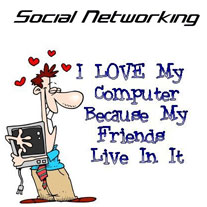
Tik Tok
- Personality Types in Cyberspace within Psychology at RIN.ru
- The Psychology of Cyberspace - Continuing Education Articles
This page is an index of articles from John Suler's online book The Psychology of Cyberspace that are offered for continuing education credit by the Psy Broadcasting Company - Digitial Identity in Cyberspace
Psychological features of Cyberspace
Reduced Sensations
Unlike in the real world you can not read facial expressions, body language or other forms of non-verbal communication that can affect the context someone is saying. You also can't hear any changes in their voice. Even if there are visual or auditory communication and stimuli in a cyberspace environment, the communication is drastically different and can affect how people effectively communicate. This also affects how people will behave a great deal and how they will interact in the relationships that they develop with this online community of people.
We call it sensory sophisticated if the technology used is better than the average across cyperspace but it is still limited in comparison to real life experience. Some of the advances in sensory sophisticated cyberspace environment's include multimedia gaming, social environments, audio and visual conference calling, pod casting and internet phones. As technology evolves this area will also evolve but there is still limitations visually, auditory, and even still most people communicate through typing. Even when this technology hits amazing strides there is something to be said for those tactile interactions; for example, shaking someone's hand, patting someone on the back when they did a good job, dancing to a slow song, hugging, kissing and holding hands when you go for a walk. These actions are intimate and posess non-verbal communication,
Texting
Texting has become a powerful and valuable tool in communication although it has limited sensory quality of person contact. It is a way of self-expression and you are still interacting with another person. Examples of what is meant by texting are emails, chat, instant messaging, SMS messaging to a cell phone, and writing blogs are all currently most common ways to socially interact. Interacting in this fashion uses different abilities cognitively speaking that if you were to talk and listen to another person. When you are typing down everything you are thinking and want to convey, and reading what someone else is thinking or wanting to say, its definitely a unique way of talking to someone versus twenty years ago. You don't have visual cues to assess the identity and character of the person you are talking to and so have to perceive that identity based on what you read and what they tell you. In different ways and in different circumstances you begin to develop relationships with the person as you would in traditional communication (that is in person). Email relationships have evolved over time and into a more complex text-based form of communication and now chat and Instant messengers are evolving to the same complexity.
Identity Flexibility
Without being able to see someone eye to eye, your impression of what they look life or how you perceive them is based on how the other party actually represents oneself and you don't know any different. You can be honest and be who you are in person, you can pick the parts of you that you like best and be half of yourself and make up the other half, you can make your whole identity up, or you can just not tell them anything about yourself. Most of the time you can give yourself any name you want and can (instead of using a picture of your real self), you can design what they call an "avatar). There is a downside to being anonymous and there is an upside for people too. Some people use it as a way to abuse other people. To be unpleasant and sometimes needy. They take advantage of others in that cyber environment. On the other hand, some like being anonymous because they are being totally open and honest and since no one knows who they are they can talk about personal issues going on in their life that they have no one to talk to in their real person life.
Altered Perceptions
When you are sitting at the computer (especially for a long period of time) you enter an altered state of consciousness. They experiences something similar to dreams sometimes that is very surreal of an experience. They do things in their alternate reality world like walk through walls or make things appear out of nowhere. Some people might be drawn to cyberspace simply for this reason and for these sensations. Instead of not being conscious of the dreamworld when you are asleep they are interactive with their dream world through this form of cyberspace. When it is enjoyable and you get to live through your fantasy, this could be why it becomes an obsession as the real world isn't enjoyable to them or hold the same intrigue as the one they have created them self through the computer.
Temporal Flexibility
"Synchronous communication" is people sitting on one end of a computer and talking to someone on the other end through the Internet and its "real time" no matter the time difference. Chat rooms and instant messaging are good examples. "Asynchronous communication" are things like email, that does not require people to interact with each other in the moment. In both asynchronous and synchronous communication (with the exception of video conferencing and Internet phoning), there is a stretching of time. In a chat or Im communication you have some seconds or a minute or so to reply and longer in face-to-face communication. There isn't a time frame for response in things like blogs. You can take as long as you want or not comment at all for that matter..Basically it gives you what you don't have in person, and that is time to think about your response before you give one. Internet environments change rapidly because it's a lot easier to write and rewrite software infrastructure than it is to build with bricks, wood, and iron. It is easier to move around in cyberspace so things change a lot and people move around.
Social Multiplicity
It is easy for people to "meet" people from around the world, from different cultures, different socioeconomic status's and at numbers of hundreds and even by the thousands. You can now successfully "multitask" relationships. You can have six instant messaging conversations going at the same time if you want and they wouldn't even necessarily know the difference on the other end. You can meet people from anywhere with the same interests or passions as you are by posting comments on blogs or even posting a blog yourself as they are read by a multitude of people if you have your settings set to public, virtually everyone in the world could see it. All it takes is a search engine that will scan everything on the web and identify key words and phrases to give you a results page of thousands of "matches".


- Facebook Stalking Your Ex Could Lead To Psychological Damage
Using social networking sites to check-up on your ex could lead to emotional and psychological damage, a new study reveals. - Global News | Stop stalking your ex on Facebook, study says
If you’re one of the 900 million people using Facebook, chances are you’ve checked out your ex’s profile at least once (and almost certainly, many more times than that). - Why Is Facebook So Successful? Psychophysiological Measures Describe a Core Flow State While Using F
Therapy is seeing more issues related to Facebook
Facebook is a leading social networking website that currently has hundreds of millions of users worldwide. The attraction to Facebook is centered on re-connecting with friend's and family. It gives you the ability to find old classmates, ex-relationship partners, family, friends, and more. You can post status updates so people know what is going on currently and post videos and pictures to share with your friend's list or even the public globally. It gives you access to music, videos, games, and applications that can be used by accessing your personal information. Many other websites are providing a "log in with facebook" icon so you don't even have to set up new user profiles to gain their free membership.
According to Kim Schneiderman, more and more of her clients in therapy coming in because of problems in their lives related to Facebook. Further, she states that in addition to all the positive and attractive reasons people are drawn to Facebook, it comes with a negative side as well. Social media also gives the entire world a new method of offending people, snubbing people, flirting with people, spying on people, and publicly announcing who you do and don't like. More often you are seeing a social and psychological impact of today's social networking practices. Here are some examples that she has encountered throughout providing therapy
Stalking an ex-girlfriend or boyfriend on Facebook:
A professional photographer broke up with his girlfriend after repeatedly asking about all of the pictures he was posting of girls onto his facebook. After the break-up she harassed him by friending mutual people they knew as contacts and made sarcastic statements about him on photos or status updates.Family Dynamics
A client of her's caused a family scandal when there were privacy settings for some of the family but other family members had stricter privacy settings.A sister had disallowed her ultra-conservative brother from making comments on her statuses after he engaged in extreme arguments with her liberal friends.
A husband publicly vented his frustrations with his marriage by making critical posts that masqueraded as generalized all directed towards her.
Social cues and body language
An ex-boyfriend would gauge his ex-girlfriend's moods strictly on how many people she friended and how many people she unfriended.Adolescents
A 14-year-old girl gave up Facebook for lent, but was still ensnared in high school defriending drama.
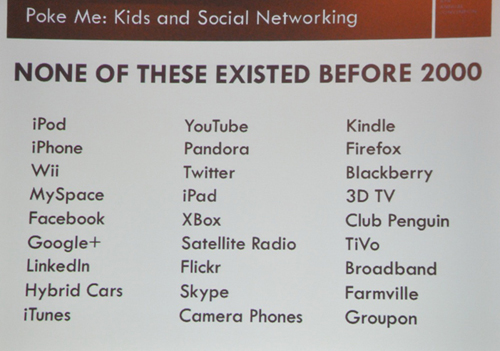
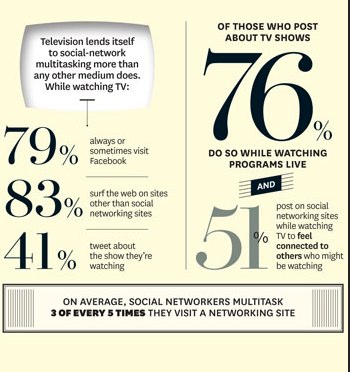
Lowered abilily in face-to-face interactions
Many psychotherapists have acknowledged their belief that Facebook does, indeed, create added stress's. One such psychotherapist out of Manhattan has a multitude of female clients in their 20's with severe anxiety and depression as a result of Facebook use. The cause being social networking, in particular, Facebook. One of the behaviors that is common is cyberstalking, and primarily ex's. They also fantasize what people are doing in the photos they are posting and it starts to create unrealistic expectations within themselves and self-esteem starts going down. Self-esteem being lowered has an affect on their ability to now connect in face-to-face interaction. It almost appears to look like a domino affect.
Research is said to be able to back these claims up and one such study was done by Edinburgh Napied University with a finding of significant correlation of stress levels and the number of Facebook "friends" someone has on their website. The more friends the individual has, the level of fear of missing something is raised. They fear missing important social information, offending contacts, seem like they are rejecting new friend requests, or using inappropriate etiquette for different categories of friends. They state that Facebook can even engender lifestyle.
The negative aspects of Facebook outweighed any good aspect.
In addition they did an online survey of students attitudes to Facebook. The results were as follows:
- 12% said that Facebook made them feel anxious (they had on average 117 friends).
- 88% said they didn't feel anxious (they had less than, on average, 80 friends).
- 63% don't respond to their friends requests.
- 32% feel guilty if they reject a friend's request.
- 10% don't like receiving new friend's requests.
Also as part of the method to this study they had one-on-one interviews that suggested that survey's under-represent stress and anxiety of Facebook users. Facebook was said to be the breeding ground for aggression and passive-aggressive behavior.
Family therapist, Dr. Sandra Mann, based out of Manhattan, devastating affects are in the age bracket of 13-early 20's.
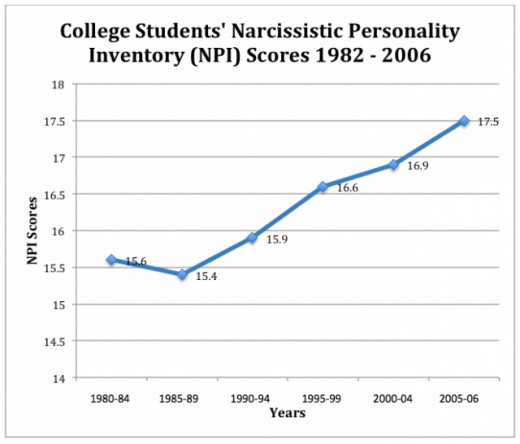

- Facebook Study Finds Link To Socially Aggressive Narcissism | ITProPortal.com
Numerous studies have long sought out to identify a link between social networking and narcissism, but it now seems... - Academia.edu | Narcissism and Social Networking Web Sites | Laura Buffardi
- Personality Types in Cyberspace within Psychology at RIN.ru
"Socially Disruptive" Narcissist
After much research it was determined a strong link was identified between the number of friends you have on Facebook and the degree to which you are a "socially disruptive" narcissist. Participants of this particular study were given a Narcissistic Personality Inventory questionnaire had more friends on Facebook than did the ones that did not score as high. They also posted more updated news-feeds and they tagged themselves in more pictures. This profile of a "socially disruptive" narcissist includes personality characteristics of being obsessed with self-image and having shallow or non-meaningful relationships with other people. Those with this personality are more likely to respond more aggressively to negative comments made about them. A high degree of changing their profile pictures was also noted.
In previous studies, their has been determined a correlation between both "socially disruptive" narcissism and Facebook use but this was the first time a direct link was established. When Western Illinois University decided to research social networking, they studied the habits of almost 300 Facebook users, with a broader age range than most previous study's from age 18 through age 65. They split "socially disruptive" narcissism into two different categories. The first category was grandiose exhibitionism (GE) while the second category was entitlement/exploitativeness (EE).
To be identified in the first category, GE the following traits had to be observed:
- self-absorption
- vanity
- superiority
- exhibitionist tendencies
- need to be at the center of attention constantly
- say shocking things
- inappropriately disclose because they can't stand people ignoring them or waste a chance at promoting themselves
To be classified in the second category, EE the participants had to exhibit the following characteristics:
- they had to have a sense they deserved to be given respect
- they had to have a willingness to manipulate others
- they had to have a willingness to take advantage of others
The results showed that the higher the individual scored on the traits under the GE, the higher the amount of friends they had on their Facebook, some as much as 800. If the individual was high in both sections they were more likely to accept friend requests from strangers. They also had no qualms about seeking out social support but wouldn't turn around and give the support to someone else.
Criteria for narcissistic personality disorder to be diagnosed include:
- Having an exaggerated sense of self-importance
- Being preoccupied with fantasies about success, power or beauty
- Believing that you are special and can associate only with equally special people
- Requiring constant admiration
- Having a sense of entitlement
- Taking advantage of others
- Having an inability to recognize needs and feelings of others
- Being envious of others
- Behaving in an arrogant or haughty manner
“Social networking sites are a product and a cause of a society that is self-absorbed,” Campbell said. “Narcissism and self-esteem began to rise in the 1980s. Because Facebook came on the scene only seven years ago, it wasn’t the original cause of the increases. It may be just another enforcer.”
Even though Narcissism seems to be correlated to Facebook usage, not everyone who uses Facebook is a Narcissist.
"We found that people who are narcissistic use Facebook in a self-promoting way that can be identified by others," said Buffardi.
This time 130 personality questionnaires were given out to Facebook users, the content of their Facebook account was analyzed as well as having untrained people take a look at the same Facebook accounts. They than rated the impression of the person's impression of the page based off narcissism traits. They also found a correlation between facebook use and narcissism, but what is interesting is the untrained individuals had identified some of those same accounts as narcissistic. Observers used three characteristics in making their determinations:
- Quantity of social interaction
- Attractiveness of the person
- Degree of self promotion in the main photo
They also stated that Facebook is no more narcissistic than other social networking sites. One of the weaknesses to all these studies is this form of social life is so new that we are just beginning to try and understand it.
This content is accurate and true to the best of the author’s knowledge and does not substitute for diagnosis, prognosis, treatment, prescription, and/or dietary advice from a licensed health professional. Drugs, supplements, and natural remedies may have dangerous side effects. If pregnant or nursing, consult with a qualified provider on an individual basis. Seek immediate help if you are experiencing a medical emergency.
© 2012 Abby Rourk


